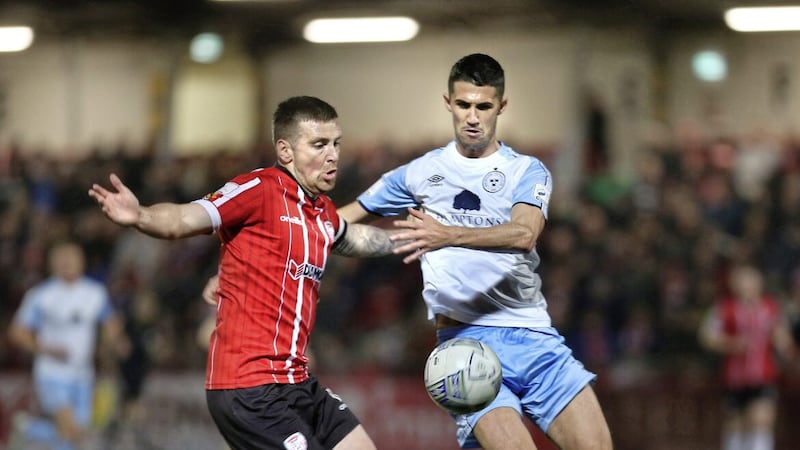FIFA will open a “global dialogue” on one part of football’s transfer rules in the wake of the Lassana Diarra ruling.
The European Court of Justice ruled earlier this month that some of the transfer rules imposed by football’s global governing body were contrary to EU law because they restricted freedom of movement and were anti-competitive.
The decision was reached after a transfer dispute was brought before it involving former Arsenal, Chelsea and Portsmouth midfielder Diarra.
#FIFPRO's statement on the judgement of the European Court of Justice in the case of Lassana Diarra vs FIFA. pic.twitter.com/jfQoXrLNXx
— FIFPRO (@FIFPRO) October 4, 2024
World players’ union FIFPRO said the ruling would “change the landscape” of the transfer system, with some analysts believing it will give players greater freedom to break contract and move to a new club.
FIFA said on Monday it is now planning to open up a debate on the whole of Article 17 of its Regulations on the Status and Transfer of Players (RSTP) which focus on the breaking of a contract without just cause.
FIFA’s chief legal and compliance officer Emilio Garcia Silvero said: “FIFA looks forward to developing its regulatory framework further, obviously taking into account views and input from all relevant and affected parties.
“FIFA sees the Diarra decision as an opportunity to keep modernising its regulatory framework, which has been one of the declared objectives of the FIFA president since 2016.”
Diarra sued FIFA for damages in the Belgian courts, citing two of its rules for the collapse of a move to Belgian club Charleroi after the termination of his contract with Russian club Lokomotiv Moscow in 2014.

The ECJ ruling opens up to question the idea that a new club is jointly liable, alongside the player, to pay compensation to the old club, and how that compensation is set.
It also focused on the issuing of international transfer certificates, which can be withheld by national associations where a club asks it to in the event of a contract dispute.
Garcia Silvero added: “FIFA will now initiate a global dialogue with key stakeholders.
“Together with them, FIFA will determine what conclusions must be drawn from the Diarra decision, and which changes are most appropriate and suitable to make to article 17 of the RSTP.”
Garcia Silvero said the key aspects of the transfer system would remain “unaffected” by the Diarra ruling, including rules on transfer windows, the application of sporting sanctions in some cases, training compensation to clubs which develop players and the dispute resolution system, which is designed to protect players and clubs.
He also said the decision did not question FIFA’s legitimacy to set the rules, and said it confirmed the “sanctity” of contracts.
“Nobody, neither a club nor a player, can simply walk away from a valid contract,” he said.
“The Diarra decision addresses some important questions concerning the consequences of a breach of contract and the regulatory mechanisms which may be employed to deter a breach of contract.
“But it leaves no doubt that such regulatory mechanisms may be applied, in particular, to protect the regulations and integrity of sporting competitions.
“If players wish to be released from a contract, there will be financial consequences. If a club wishes to engage a player under a valid contract, this will often still mean that the transfer fee needs to be paid.”








